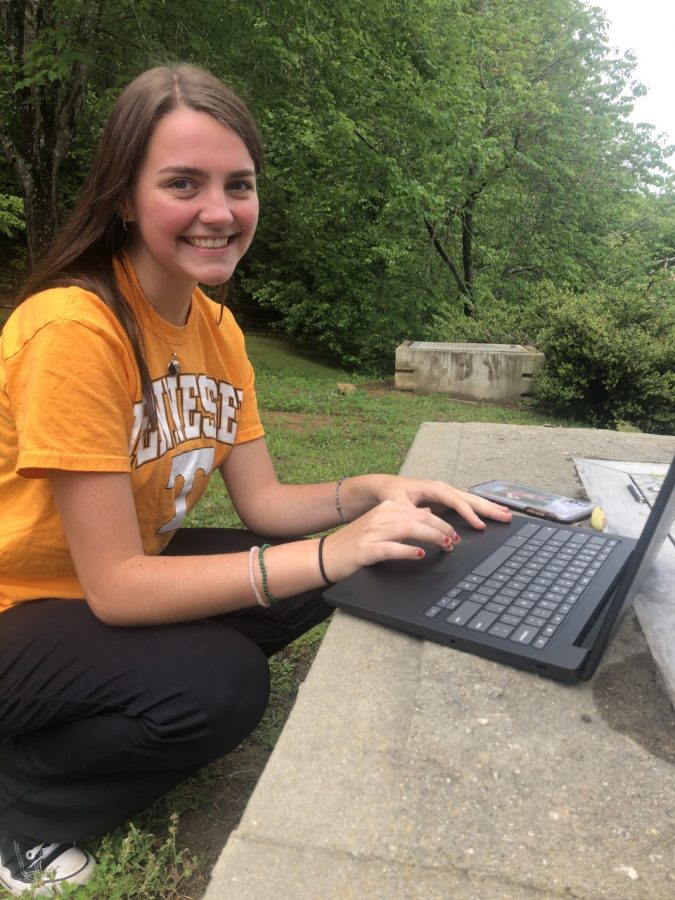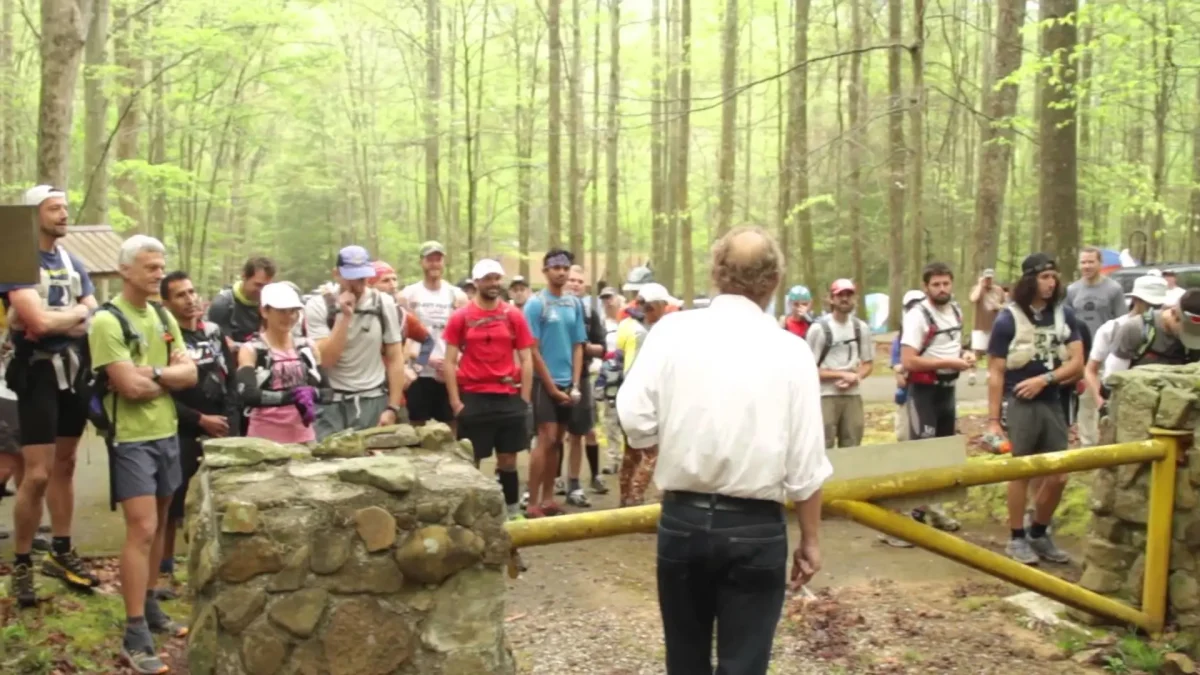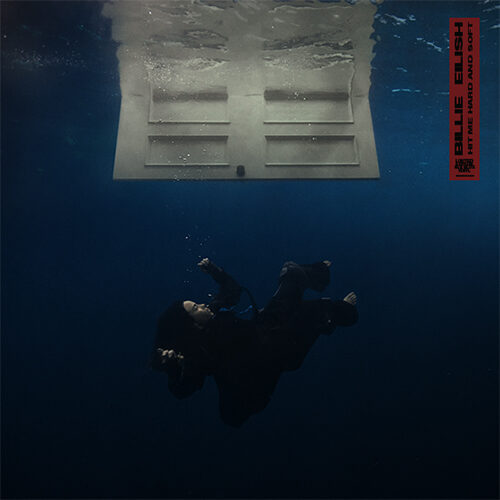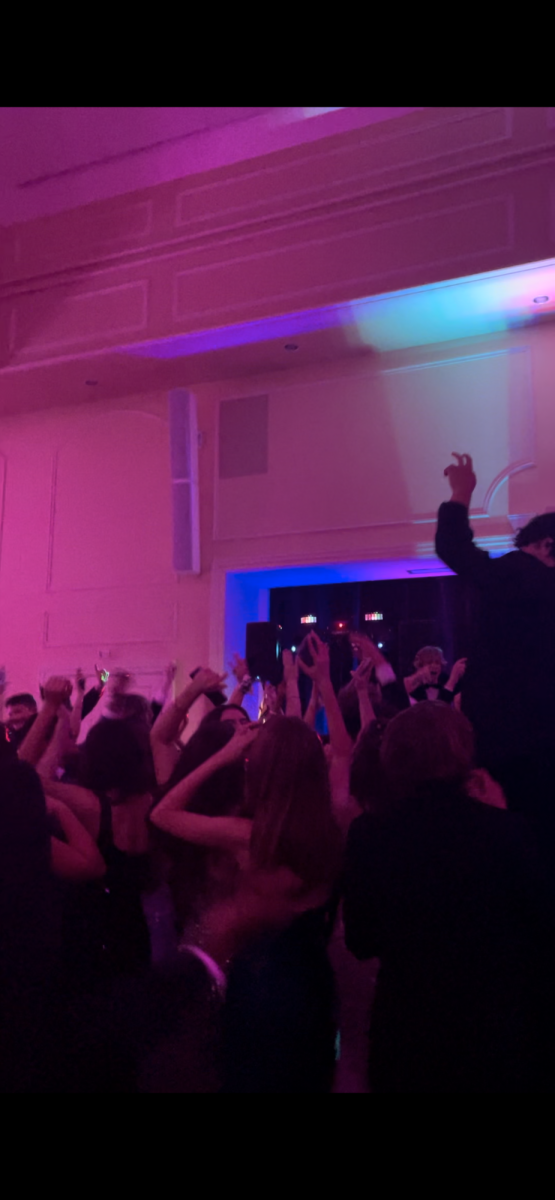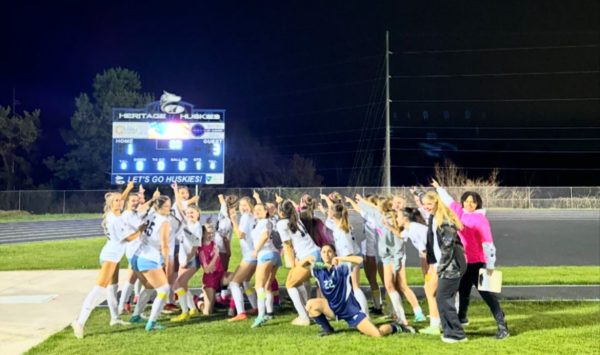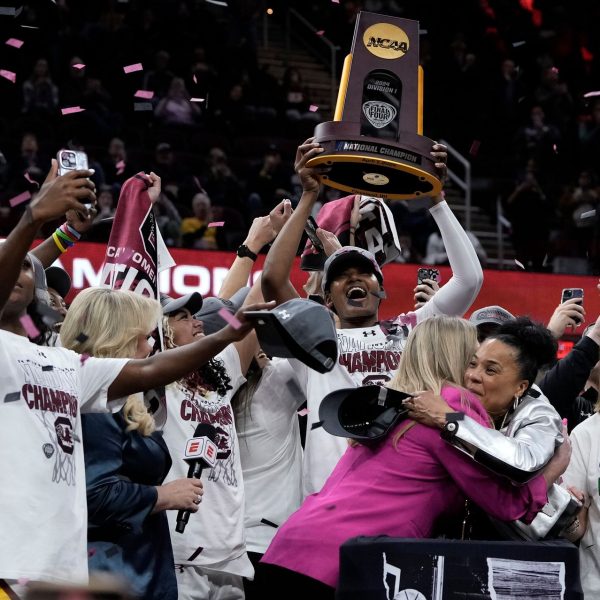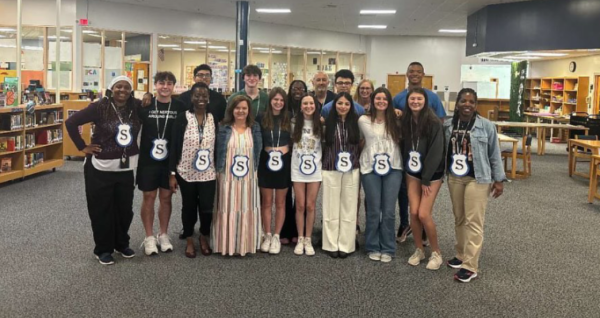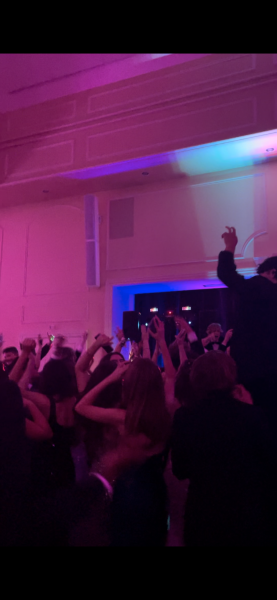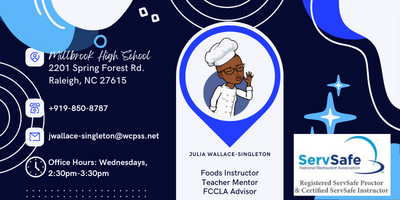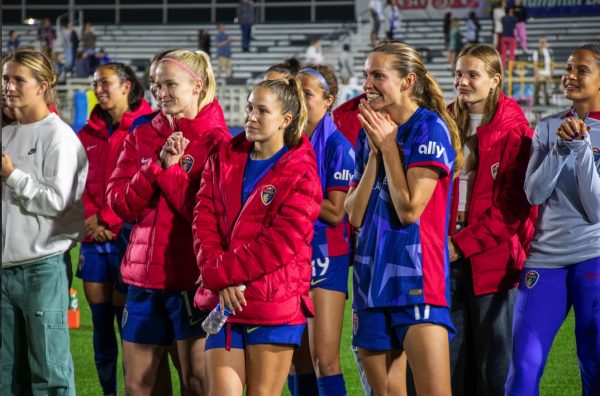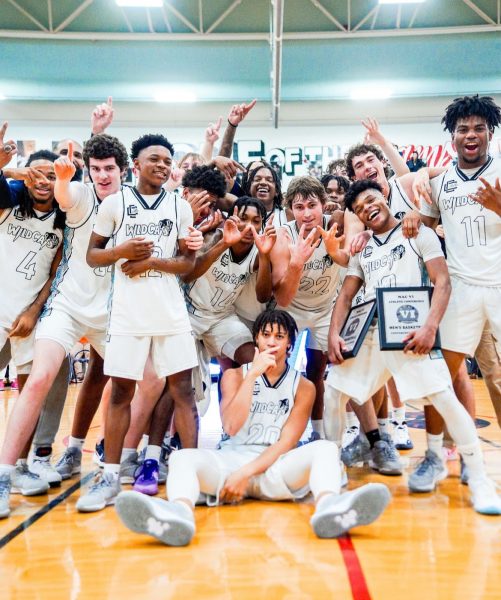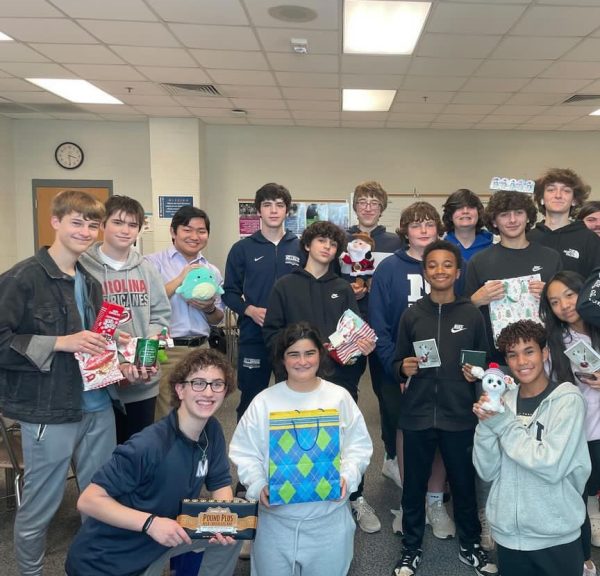The varying impact of COVID-19 on students
Sitting outside, Gannon Hollar takes advantage of the at home learning by participating in classes at remote locations, such as nature preserves. While students were deprived of many typical school events, there were also upsides to online learning.
May 10, 2021
On March 13 2020, schools were shut down indefinitely due to COVID-19. It was thought that students would return in two weeks, then a month, but certainly by the beginning of the next school year. However, it was not until approximately a year later that students were able to return to in-person instruction. For students in general, COVID-19 decreased social activities and awareness, resulting in increased levels of depression and social anxiety. Each grade level lost specific parts of Millbrook tradition, but most distinctly, the seniors and freshman were deprived of fundamental parts of their high school experience.
Freshman year is the peak time to build skills, such as organization, work-ethic, and responsibility. It is also the time to form relationships with the peers that will surround an individual for their four years of high school. Online school removed the opportunity for freshmen to make friends as they began a new stage in their lives. Freshmen normally attend sporting events and have the opportunity to join clubs and organizations around campus. However, the Class of 2024 was deprived of these activities and limited to only virtual classes with limited participation. Most students remained quiet in online classes, so freshmen were not in a position to become acquainted with their peers. Missing this fundamental step of high school has affected each freshman differently, but many share a sadness that they missed out on the social aspects of their first year of high school. Skylar Danahy stated, “Being online for school has been a big change. It was hard making new friends and getting my work done at home. Being back has helped a lot. I now get all my work done on time and see my friends every day!” Skylar, along with the other freshmen, is finally able to get a glimpse of a regular high school social experience as students return to school.
Senior year is a time to celebrate the last year of high school and all it entails, such as graduation, prom, and senior assembly. It is the last chance to participate in high school activities, sports, clubs, and events, and often the last time they see many of their friends. After high school, students disperse, taking all different paths in life. Some students go to different colleges, while others join the military or begin working. Some high school friendships are maintained, but many students do not see each other after graduation. Therefore, beginning senior year online took away the last year of these friendships. Students were unable to see each other due to COVID-19 and many grew apart. Although schools have begun in-person, this awkwardness remains, creating discomfort and nervousness among students during the few senior events allowed to occur. However, the return to school has allowed some school events to resume, such as spirit week, powderpuff, and graduation.
All grade levels were affected by COVID-19, but the students most drastically affected by the lack of in-person instruction were freshmen and seniors. Freshmen lost a fundamental time in their lives, a period that should be spent building relationships and developing important skills. Seniors were deprived of the typical celebratory events that encompass an individuals last year of high school. Overall, all students were negatively impacted by the change to online school, missing out on fundamental parts of their high school experience.


